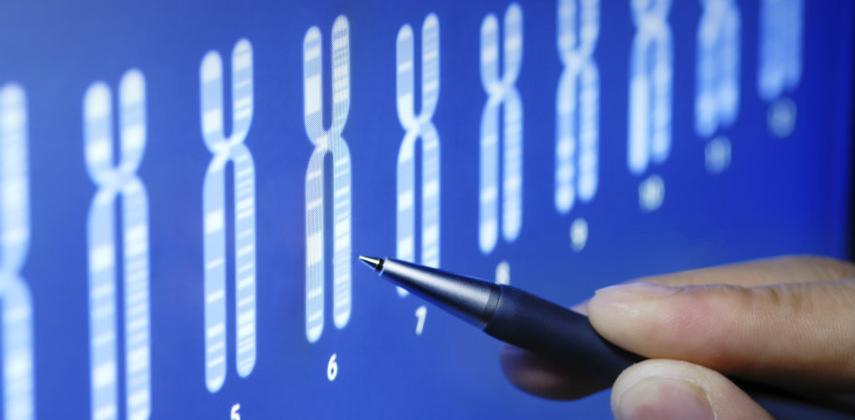Hong Kong biotech firm leads the way in lifesaving prenatal DNA testing.
The birth of Danny Yeung Sheng-wu’s baby girl led the technology-savvy entrepreneur to look into the underexplored business potential in DNA technology that helps detect genetic diseases and saves lives.
“I want to be at the forefront of shifting the paradigm from reactive medicine to preventive medicine by educating people about the use of DNA technology in prenatal testing,” says the chief executive of Hong Kong-based biotech company Prenetics.
Prenetics promotes and runs non-invasive prenatal testing to detect fetal chromosome abnormalities that can lead to genetic diseases such as Down’s syndrome in newborns.
Many expectant women do not get accurate information from their prenatal tests, which can lead to unnecessary invasive prenatal care procedures that may aversively increase risks of miscarriages, Yeung says.
Medical studies in the US show that non-invasive prenatal testing boasts a higher accuracy rate than traditional testing in detecting chromosome abnormalities. It also does not cause any physical harm to an expectant mother and her developing baby.
Prenetics operates a laboratory in Hong Kong with a team of 20 biotech researchers and four internationally renowned bioscientific and genetic experts with doctoral degrees. The company administers a non-invasive prenatal test called Prenetics V that was developed by Stanford University in the US and was launched globally in 2012.
Adoption of the test in Hong Kong and the rest of Asia, however, has been relatively low.
In the test, a simple blood sample is taken from a pregnant woman after 10 weeks of pregnancy. According to Yeung, the test can identify 16 different health conditions arising from chromosome anomalies in a fetus, with results available from between five and seven days after the procedure is performed.
Yeung says the rate is more than 99 per cent accurate – the highest predictive value among comparable testing systems. “We want to make people aware that there are safer, more accurate options available for pregnant women to consider, and help reduce the anxiety, stress and fears of expectant parents. For obstetricians and gynaecologists, we want them to know this is a safer and more accurate alternative for their patients.”
Yeung foresees widespread use of DNA technology in preventive medicine and disease diagnostics as breakthroughs and improvements in R&D continue to drive down costs. . “It used to cost at least U$100 to match one genome for a prenatal test, but nowadays, with the advances of DNA technology, it costs around US$1,000 to run a complete test, meaning the reduced cost has enabled the technology to help a lot more people.”
Funding is a major issue for biotech companies, as R&D projects require vast financial resources, and returns on investment may take years to register. As former CEO of Groupon East Asia, Yeung and his partners founded a seed funder called SXE Ventures, which has invested in several DNA genetic-testing businesses in the US and Hong Kong.
Prenetics is one of them. Yeung raised more than US$2.65 million as its seed capital. Although he does not come from a biotechnology background, he understands the science and technology behind the industry, and brings with him entrepreneurial acumen and a drive to learn.
One of his key roles at Prenetics is to help his R&D team look into new uses for biotechnology. “We want to become the laboratory leading the next generation of DNA testing, with the offer of non-invasive prenatal testing merely as a start,” he says. “Our R&D efforts are looking into new tests to screen for genetic-related diseases such as cancer and Parkinson’s at the earliest stage possible using DNA technology.”
Yeung sees huge opportunities in the biotechnology field in Hong Kong. He notes there is also demand for people with the know-how to commercialise, publicise and market the technology to the wider public and medical professionals for early adoption. “Helping people understand what technology is available and how technology can help can speed up the process of it being adopted for the local market.”
While all blood samples are currently sent to the US for processing, Yeung says testing will be carried out in Hong Kong when the company’s R&D efforts are in place by early 2015, using the same DNA technology available in the US.
Investment in biotechnology is a long-term commitment, but Yeung aims to turn Prenetics into a sizable company to give patients better care through bio-testing. “We may not see any return in the next five years, but I’m ready to make that time investment.”


